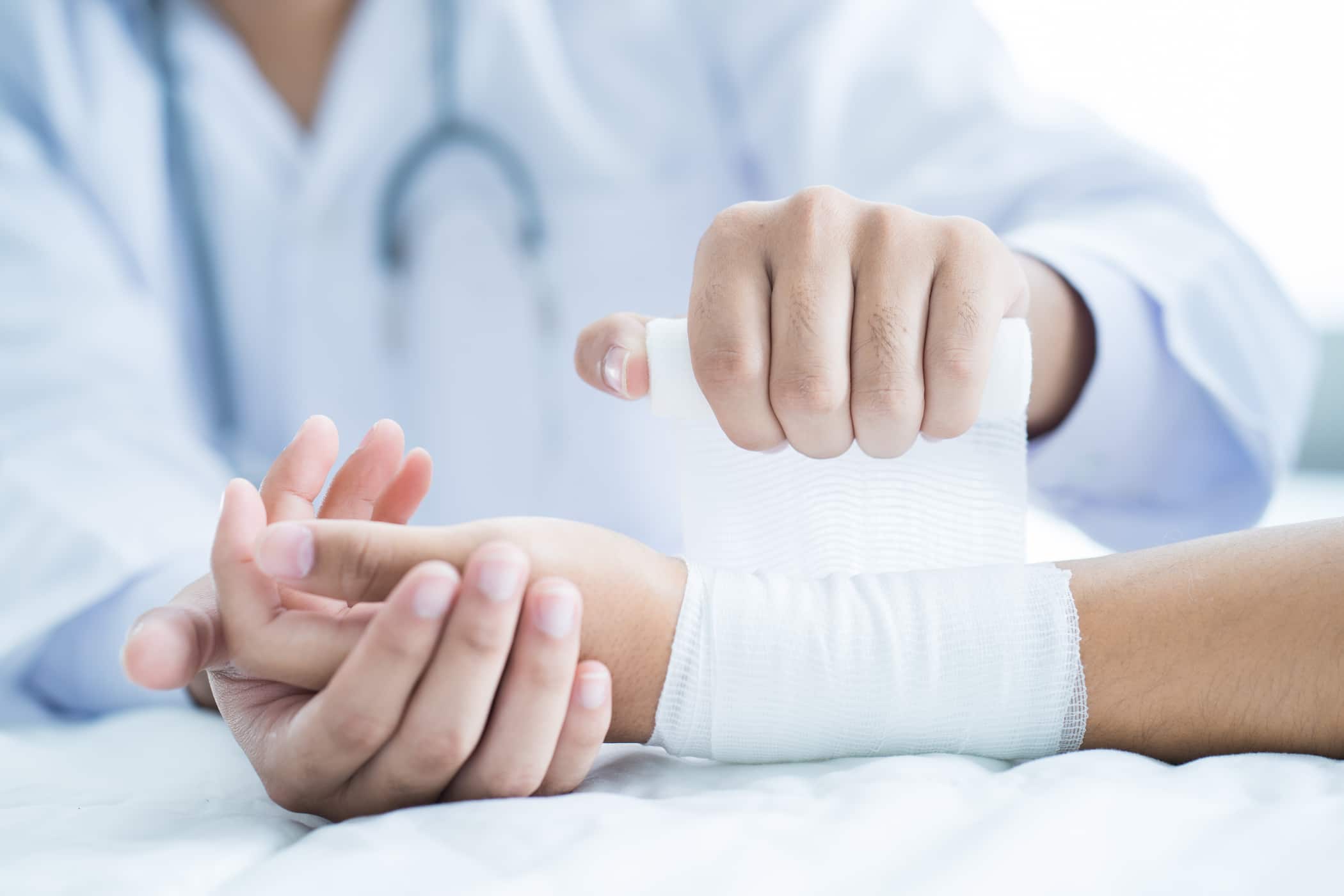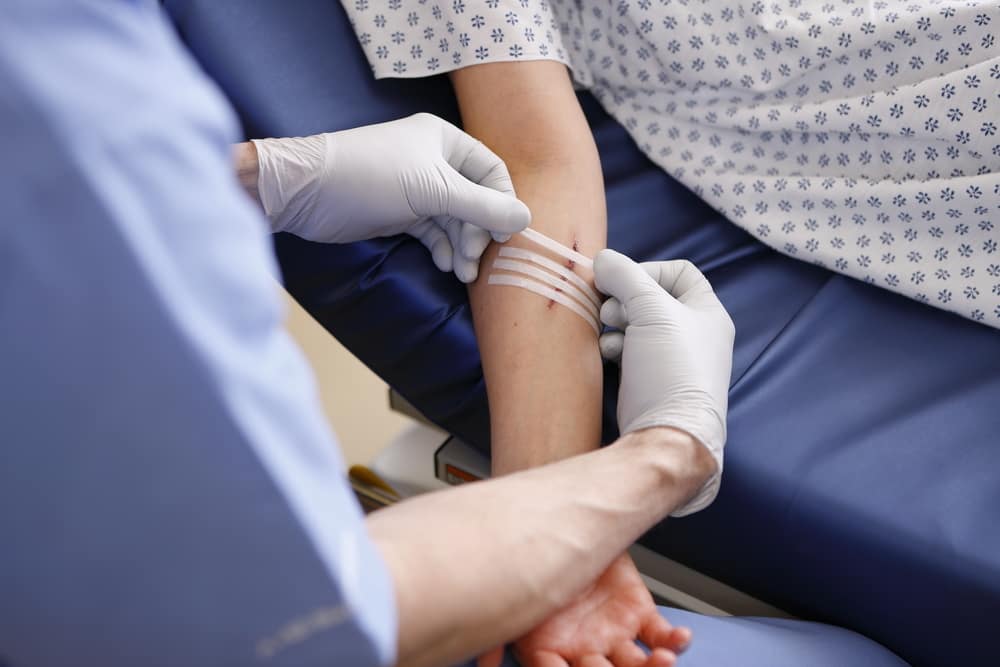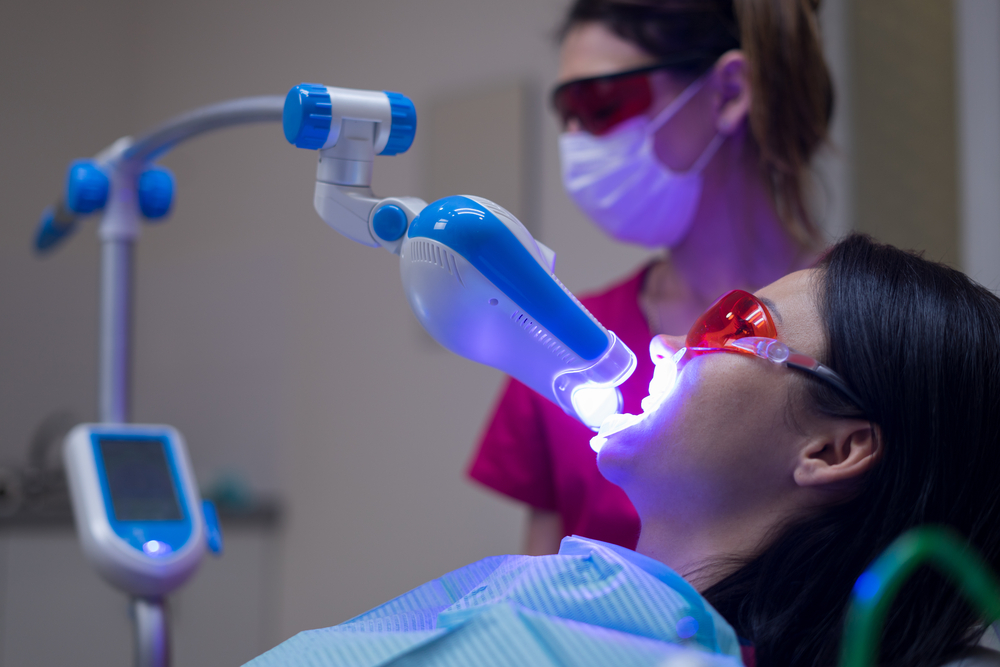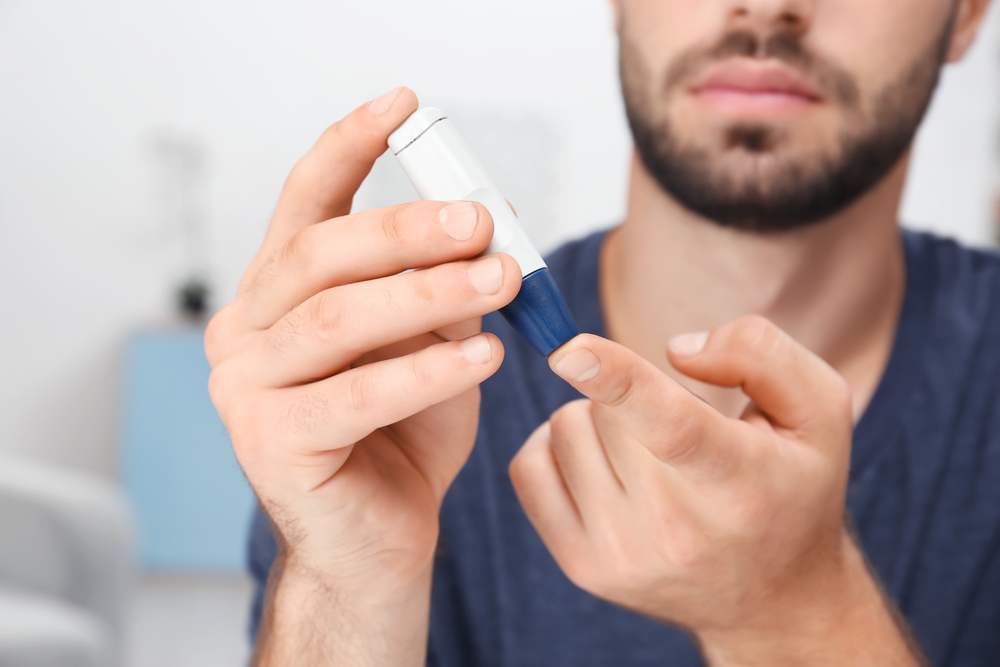Contents:
- Medical Video: How To Care for a Post-Surgical Incision? - Manipal Hospital
- How do you treat the correct and good surgical wound?
- 1. Notice when the wound dressing of the surgical suture is replaced
- 2. Make sure the surgical wound is always clean
- 3. Pay attention to surgical wounds from day to day
- Be careful, the surgical wound can open again
Medical Video: How To Care for a Post-Surgical Incision? - Manipal Hospital
Those of you who have just undergone surgery are sure to ask when can a surgical wound cover or bandage be removed. This varies from person to person. However, the surgical wound will heal faster if treated in the right way. Maybe you are confused about how to treat the right surgical suture wound. In addition, fear if the surgical wound actually has an infection or bleeding.
Take it easy. It's not difficult, really, to treat your surgical suture wound. Curious how? See the following explanation.
How do you treat the correct and good surgical wound?
If you are still treated in the treatment room, then you do not need to worry about thinking about how to treat surgical suture correctly. Because, usually your medical team will periodically check and replace suture wound bandages so as not to get an infection. Then what if you have been allowed to go home? Don't worry, you can follow these methods so that the surgical suture is well maintained and heals quickly.
1. Notice when the wound dressing of the surgical suture is replaced
There is nothing wrong if you always pay attention to how nurses or doctors treat your surgical suture wounds while still in hospital. This will let you know which features of the surgery wound are good and not. From there, you can also assess, which is good to do when replacing and treating surgical sutures.
2. Make sure the surgical wound is always clean
You must maintain and treat suture wounds to avoid infection. For that, make sure that the area around your surgical wound is always clean. Don't forget to wash your hands frequently with soap and running water after you have finished your activities.
Surgical wounds usually should not be wet or exposed to just a little water, until the wound is dry and healed. Therefore, when you take a shower, make sure that your suture is protected so that it is not exposed to water.
3. Pay attention to surgical wounds from day to day
Pay attention to your stitches. If indeed you cannot replace the surgical suture wound yourself, you should often come to the nearest health service to change the bandage.
You can see from the outside, whether on the surface of the bandage there are red or yellow spots. If one of these spots is seen on the bandage of your suture wound, then you may experience bleeding or wounds become festering. Immediately seek medical help to prevent infection or worsen bleeding.
Be careful, the surgical wound can open again
It is not impossible, the surgical suture is open when you are at home. There are a number of things you can do to prevent open surgical sutures. Consider the following preventative steps.
- Avoid lifting heavy loads. Usually, after you have undergone surgery, what you should avoid is lifting objects with heavy loads. To know how long and how much maximum weight is allowed to be appointed, you should ask the doctor who is handling you. However, to be safe it's better not to lift objects that weigh more than two kilograms for two weeks after surgery.
- Reduce sun exposure. If stitches are exposed to the sun too often, the wound may become sunburned and feel more painful.
- Avoid activities that can cause infection. Don't do activities that require you to get dirty, like gardening.













